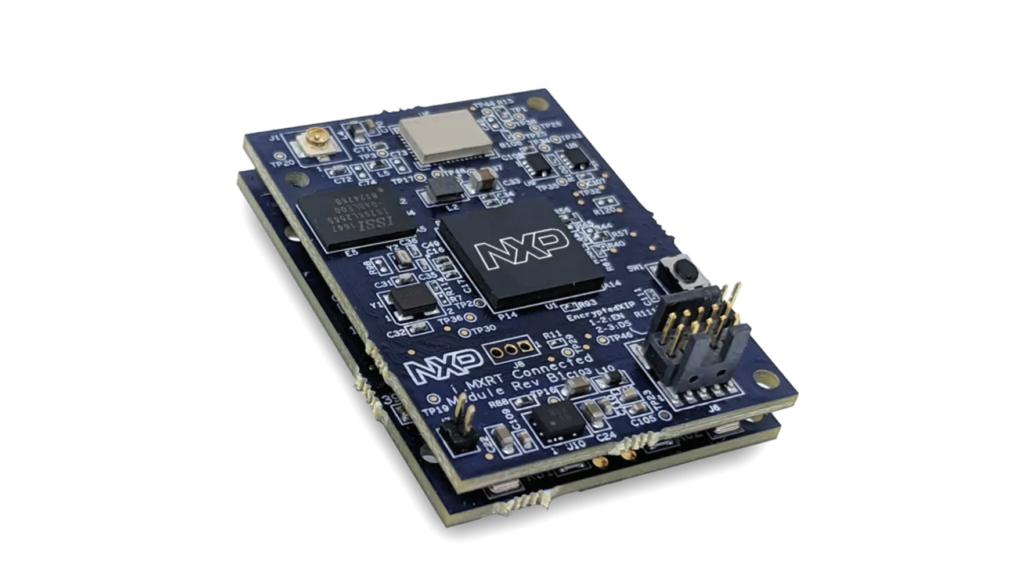We should name our show the Internet of Privacy Violations Podcast. This week Kevin and I talk about Apple and Microsoft sending voice utterances to contractors and what the industry overall has done to clarify this fact to consumers and also let folks opt-out. We also talk about Microsoft’s discovery that IoT devices are an entry point for hackers and ask for feedback on whether a printer is an IoT device. Then we follow up on Ring’s work with police departments, which doesn’t make me feel good at all. In more fun news we finally discover what Google’s Mistral is, we find a new device from Walmart and discuss a new tech alliance. From there we talk about a new hub for your cameras, Arlo Pro getting HomeKit support and a new roving digital assistant from Asus. We close by answering a question about connected weather stations.
Serious question: Do you think a printer is an IoT device? If no, what would you call it?
I feel like this is kind of a “Is a hot dog a sandwich?” question.
— Stacey Higginbotham (@gigastacey) August 6, 2019
Our guest this week is Meirav Oren, CEO and co-founder of Versatile Natures. She explains how to get non-tech firms to adopt AI and IoT and why she thinks cameras are not the best IoT sensor to use. She also tells me how she thinks the construction industry will evolve over the next decade as it adopts new technology. You’ll gain a lot from this interview.
Hosts: Stacey Higginbotham and Kevin Tofel
Guest: Meirav Oren, CEO and co-founder of Versatile Natures
Sponsors: Nutanix and DigitalOcean
- Is a printer an IoT device? We want to know.
- Ring has turned police officers into its sales channel and that isn’t okay
- What’s Walmart’s Project Franklin?
- To get non-tech people to adopt AI, you need trust
- The future of construction can be found in chip manufacturing
Podcast: Play in new window | Download | Embed
Subscribe: RSS

